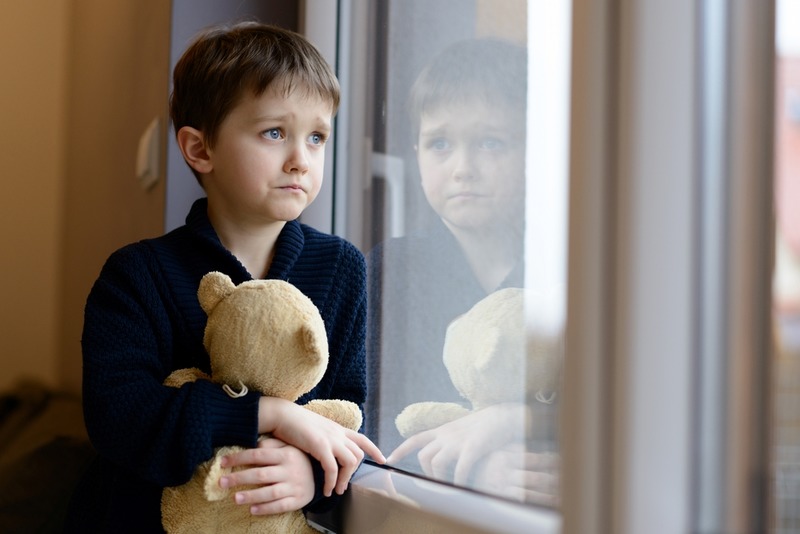When a child experiences being in a severely dangerous position, their world shatters as they no longer feel safe. This dramatic shift in a child can alter how they perceive the world. Unfortunately, it may have long lasting effects if not worked through. A trauma professional can help adults work through the persistent feeling of being unsafe in the world due to childhood trauma.
Trauma
Trauma happens when a person experiences a distressing and disturbing event that impacts a person psychologically, sociologically, and physiologically. It is most often an event that threatens a person’s survival. If it occurs during childhood and is not worked through, it can affect the person into their adulthood to the point of debilitation. Childhood trauma can come in many forms. It can be caused by a one-time trauma such as a car accident, ongoing stress such as domestic violence, intergenerational trauma such as experiencing bigotry or traumatic stress from consuming violent media. Childhood trauma specifically occurs when a child’s sense of security is disrupted. Other examples of childhood trauma include neglect, physical or sexual abuse, serious illness, separation from family, and an unsafe environment.
How it manifests varies by person but it is common that physical, emotional, and psychological symptoms show up. They can begin to occur right after an incident or after repetitive occurrences during childhood. However, the trauma can reveal itself years later. Some people experience insomnia, aches, nightmares, flinching, agitation, and fatigue. People can also experience anxiety, depression, denial, fear, guilt, shame, numb, dissociation, and anger.

Working with a Trauma Professional
While for some the effect of experiencing trauma can fade within a short period after an event, for others in may stay stuck in the body and psyche. In other words, a person remains in a state of shock, unable to process emotions from the unresolved trauma until they regain their sense of safety. When traumatic memories are not integrated, symptoms of chronic hyper or hypo arousal may persist. Symptoms may include inability to focus or function at work, over use of drugs and alcohol to feel better, severe anxiety and depression, inability to connect to others , as well as flashbacks.
A trauma professional can help a person recognize and understand their trauma as well as how it affects their life. They will also be able to work with the experiences without re-traumatizing a person. In therapy, the client will learn how to process their emotions so that they eliminate repeating patterns and then implement change. A professional will aid their client with self-regulation and stress reducing techniques such as mindfulness, conscious breathing, and mind-body therapy. Modalities for treating trauma range from EMDR, Somatic Experiencing, CBT/DBT, and alternative therapies. Treatment will especially be tailored per person. Additionally, a therapist may recommend a diet, fitness plan, group therapy.
For more information on trauma therapy, call Trauma and Beyond Center ® at (818) 651-0725.

